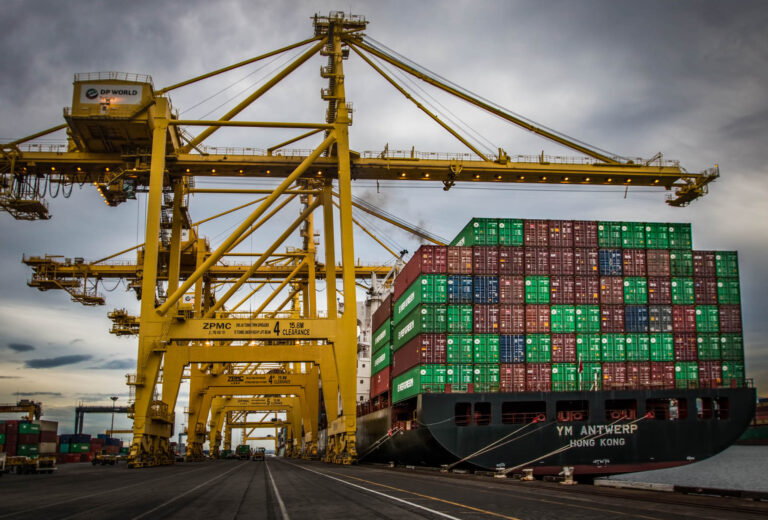Jon Weinberg is a student at Harvard Law School.
New York City is on the verge of passing historic legislation that would pave the way for representation of fast food workers by advocacy organizations. According to Buzzfeed, “the law would require fast food employers to automatically deduct fees from the pay checks of workers who choose to be represented. The money would go a member organization of their choosing, tasked with advocating on the worker’s behalf. It looks and sounds an awful lot like a union, in an industry where unionization is all but impossible under the current system.” Notably, such a law would allow for worker representation without overcoming the substantial obstacles to unionization of fast food workers. Organizations would not represent workers in collective bargaining negotiations, but would be able to organize and lobby on their behalf. Payroll deductions would “look more like recurring donations than union dues, with workers able to choose how much they wish to contribute from each paycheck. Organizations receiving the funds will need to be non-profits, registered with the city’s Department of Consumer Affairs, that advocate on behalf of workers.” Council members expressed confidence that the legislation will pass.
Amazon is on the verge of significantly automating retail shopping, by announcing plans to open a grocery store with no cashiers or checkout lines. Quartz reports that Amazon “will open a grocery store in Seattle, Washington, in early 2017, where customers will be able to walk in, pick up the items they want to buy, and walk out. To achieve this, Amazon will launch an app called Amazon Go (also the name of the store) which hungry customers will use to register that they’re in the store.” Given that the Bureau of Labor Statistics estimates there are nearly 3.4 million cashiers employed in the United States, such automation could have a significant effect on jobs. CNBC notes that the New York Post ran a front page today calling Amazon’s foray “the end of jobs.” Business Insider predicts that such automation will be much more difficult for President-elect Donald Trump to counter-act that the outsourcing of manufacturing jobs, and represents much more of a threat to jobs than outsourcing.
President-elect Donald Trump met with an anti-union lawyer and former state official yesterday, as he continues to fill posts in his administration. Per the Associated Press, Trump and Catherine Templeton met since, per Templeton, Trump “wanted to hear from a business person who’s been on the inside and achieved government reforms at the local level — where it is felt most.” Templeton “ran South Carolina’s Department of Labor, Licensing and Regulation at the request of Gov. Nikki Haley for just over a year,” when Haley cited “Templeton’s union-fighting background and ability to keep unions out of the new Boeing assembly plant in North Charleston.”
United Airlines capped off a busy year of labor relations this week “when its mechanics ratified a new contract, meaning the Chicago-based carrier reached new agreements with each of its domestic unionized work groups in 2016,” the Houston Chronicle reports. The agreement “passed with 51.58 percent of the voting International Brotherhood of Teamsters union members supporting it. The 9,000-plus mechanics and related employees, including more than 1,400 in Houston, had been working under contracts from before United’s merger with Houston-based Continental Airlines in 2010.”






Daily News & Commentary
Start your day with our roundup of the latest labor developments. See all
December 12
OH vetoes bill weakening child labor protections; UT repeals public-sector bargaining ban; SCOTUS takes up case on post-arbitration award jurisdiction
December 11
House forces a vote on the “Protect America’s Workforce Act;” arguments on Trump’s executive order nullifying collective bargaining rights; and Penn State file a petition to form a union.
December 8
Private payrolls fall; NYC Council overrides mayoral veto on pay data; workers sue Starbucks.
December 7
Philadelphia transit workers indicate that a strike is imminent; a federal judge temporarily blocks State Department layoffs; and Virginia lawmakers consider legislation to repeal the state’s “right to work” law.
December 5
Netflix set to acquire Warner Bros., Gen Z men are the most pro-union generation in history, and lawmakers introduce the “No Robot Bosses Act.”
December 4
Unionized journalists win arbitration concerning AI, Starbucks challenges two NLRB rulings in the Fifth Circuit, and Philadelphia transit workers resume contract negotiations.